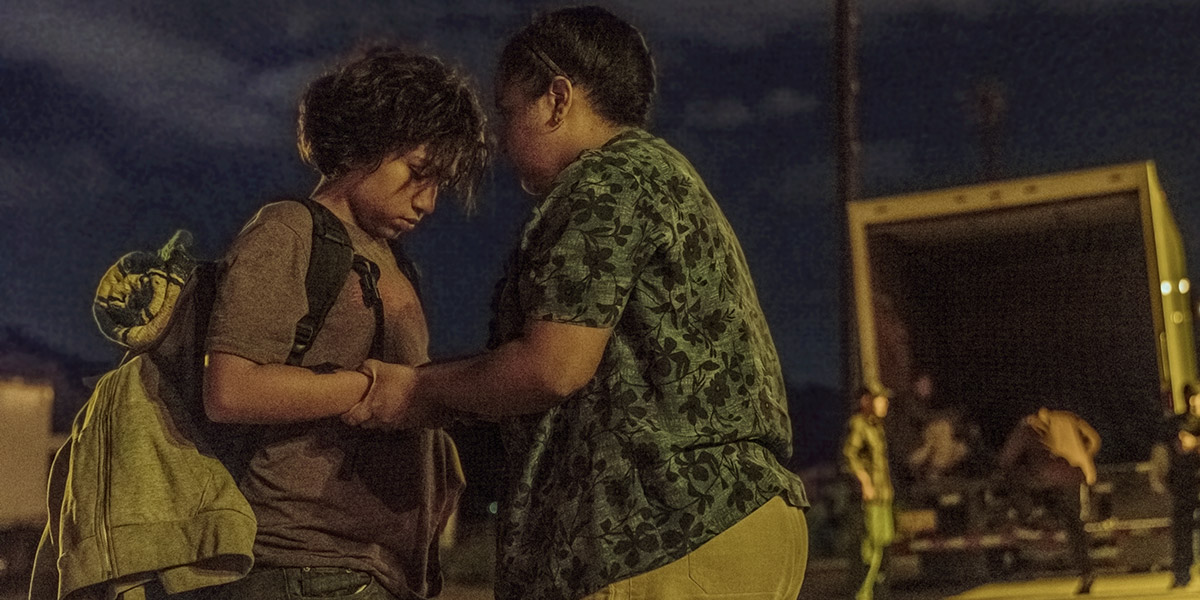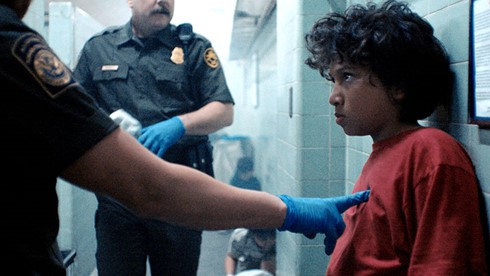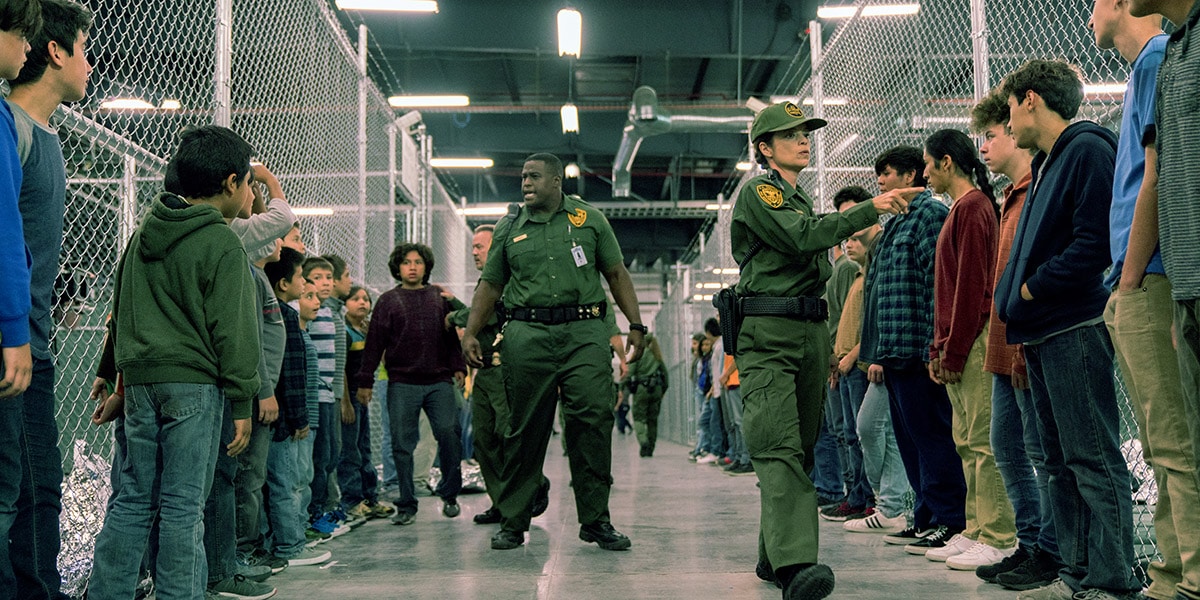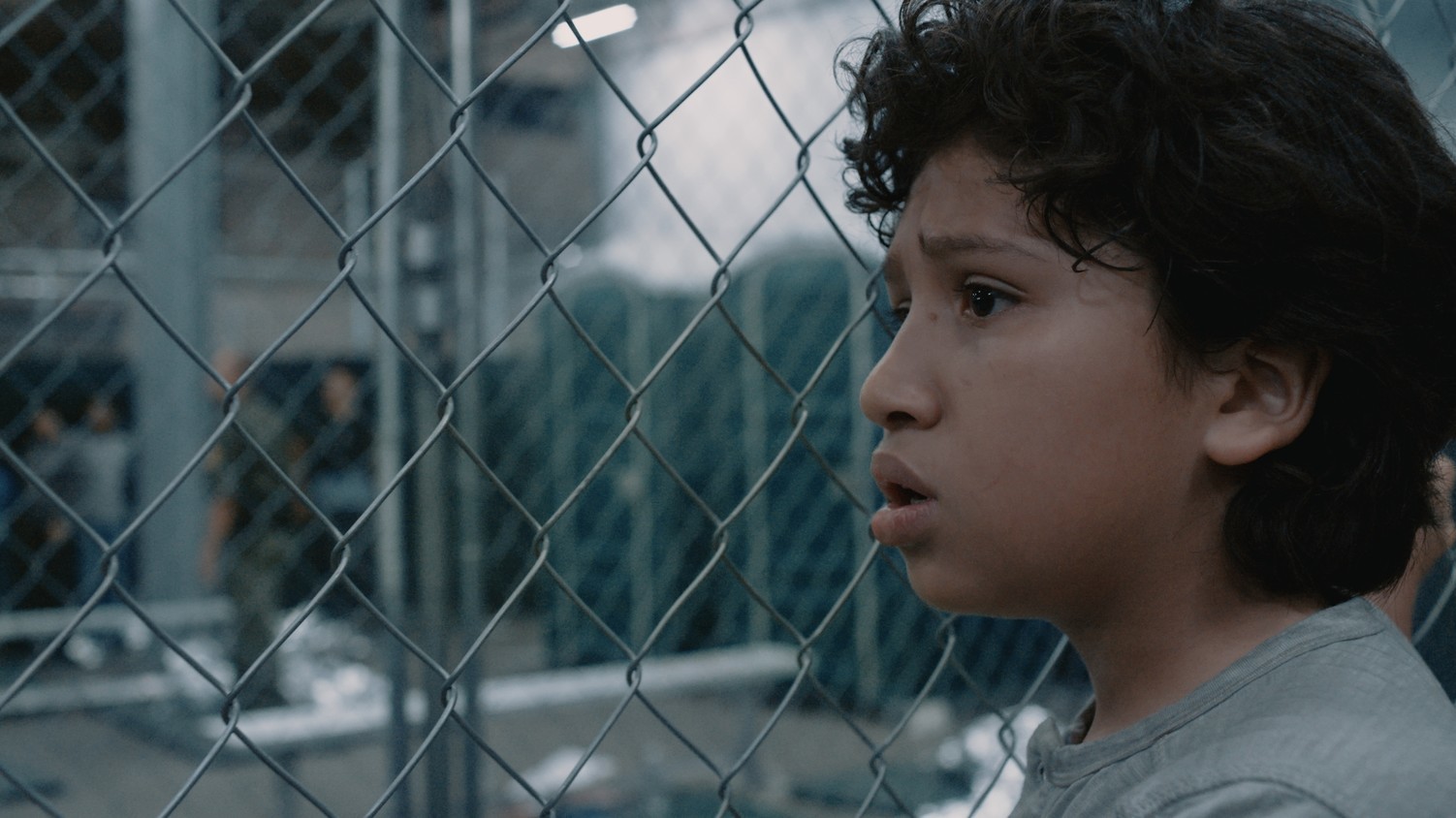One of the most surefire ways to get under a Spanish-speaking audience’s skin? Mess up the accents. One need look no further than the first season of Narcos –which, despite its excellent performances, received a lukewarm reception from Spanish speakers who simply couldn’t get past the hodgepodge of accents that sounded nothing like Medellín’s distinctive paisa cadence.
Getting another country’s accent right is no easy task for an actor – and even less so for directors who are non-native speakers. So when Swedish director Daniel Sawka began work on his immigration drama Icebox, which follows a Honduran boy to the United States, he knew he had to take extra care to create an authentic and respectful portrayal.
“When you make a film like this you have to show a great amount of respect to the people going through a situation like this, or who have gone through it,” Sawka explained.

Icebox (a follow up to his short film of the same name), premiered at the 2018 Toronto International Film Festival and is now available on HBO’s streaming platforms. The film focuses on a boy named Oscar’s journey from Honduras to the United States, where he is sent by his parents to avoid violence at the hands of gang members who have tattooed their marks across his chest. Icebox provides an up close account of the perilous travel across Central America and Mexico that many unaccompanied children have to take in order to preserve their lives, hoping to be granted asylum in the US.
The film’s star, Anthony González, grew up in a Los Angeles household filled with mariachi songs by Pedro Infante, Jorge Negrete, and Pedro Fernández, his parents’ favorite artists. His parents had left Guatemala long before Anthony and his siblings were born, and at home they made sure their children spoke Spanish. A decade later when he was cast as Oscar, he was already familiar with many of the hondureñismos – words native to Honduran dialect – his character utters throughout the film.

Sawka doesn’t speak Spanish and claims not to have “the best language skills in the world,” so he recruited several translators and a Honduran dialect coach, singer Nohelia Sosa, to work closely with González and Omar Leyva, who plays Oscar’s uncle Manuel, who has been living in the US for years. “The day before we shot each scene Nohelia sent us recordings of the lines for that day in Honduran Spanish,” explained González. Sosa was also on set in order to fine tune any last-minute changes to achieve authenticity.
Even though Leyva, who has appeared in films like Beverly Hills Chihuahua and McFarland, USA, has an extensive resume and has worked in projects in Spanish and English (he and González, who voiced Miguel in Coco, bonded over their Disney connection) he explained that dialects added a level of complexity he wasn’t used to, but welcomed joyfully. “Before the shoot I also worked with a friend from El Salvador who lived in the border between his country and Honduras, and he told me how someone like Manuel would sound,” he added.

Like most countries in Central America, Honduran Spanish is known for its use of voseo (using vos instead of tu as pronouns in the second person), which Leyva, being of Mexican descent, and González, due to his upbringing in the US, took time to get used to. Leyva explained he’s developed a neutral Spanish that has helped him play characters from different parts of the world, while González associated voseo with his parents, who sometimes use it at home.
Leyva decided to give his character another Honduran trait: turning his “s” sounds into a “j” in words like vos (which comes out sounding like “voj”) which took him a lot of practice. “People would tell me not to worry too much because Manuel would be using English words like ‘OK’ or maybe learned Mexican dialect from other people he works with, but it was important for me to preserve his rhythm,” he explained.

Although the main characters in the film are Honduran, Oscar encounters people from other Latin American countries, all of whom have distinct dialects. “We had Spanish from so many different places that the set always felt like a truly special place.” recalled Sawka. The film’s authenticity goes beyond the language; Sawka researched Honduran schools, spoke to immigrants and familiarized himself with an immigration process that up until recently was a mystery to many people in the US.
For Leyva the film became quite personal. His parents tried crossing the border when he was one, were detained and sent back, and then successfully crossed without him, leaving him with his grandmother. “I met my father when I was 8 and my mother when I was 30,” he explained, “[so] I want people who watch the film to keep in mind that immigration always involves family separation, and the authorities shouldn’t try to make it worse.”
After making the film, the actors were surprised to realize they held onto some hondureñismos; González became fond of cheque (a form of OK) and laughed as he recalled calling his mom vos. Leyva liked the word chigüín (a pet name for kid), “I kept that one in my pocket,” he said. Words about love for one’s family know no borders.
Icebox is available to stream on HBOGo.







